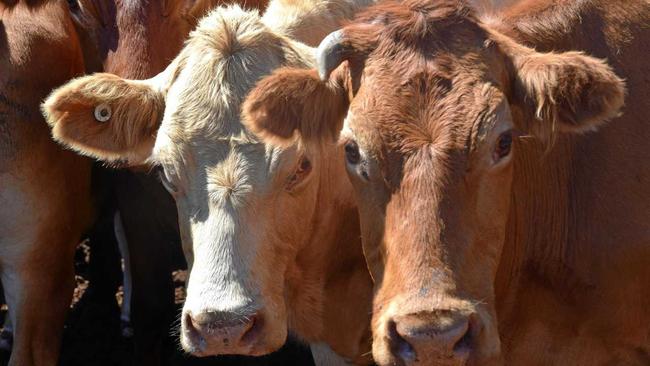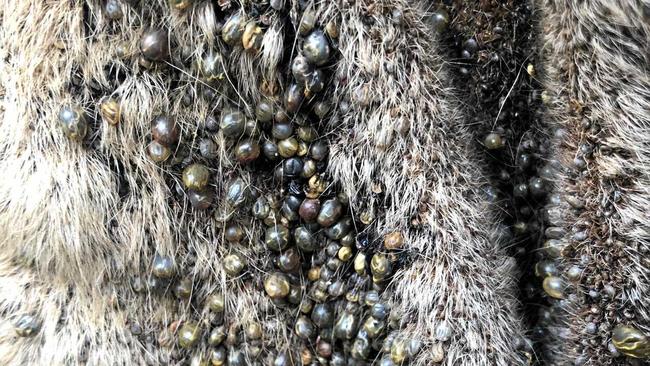WARNING: Disease kills cows on Northern Rivers
FARMERS are being warned to take precautions and keep an eye on their cattle for any signs of illness.

Central & North Burnett
Don't miss out on the headlines from Central & North Burnett. Followed categories will be added to My News.
FIVE cows have died from tick fever in recent weeks in the Northern Rivers region, leaving veterinarians pleading with producers to practice good farming biosecurity.
District Veterinarian Dr Phillip Kemsley confirmed three cows have died from the disease on a property in the Tweed and two on a holding in the Lismore area.
If the disease spreads, Dr Kemsley said tick fever and cattle tick can cause the biggest economic impact on cattle production in northern Australia because it can create the potential of large losses of animals, production losses, restrictions on trade and the cost of treatment.

"Tick fever can move quickly, and prompt action on both properties involved in our region has prevented further losses. It's important to contact your District Vet early" he said.
" Tick fever in cattle is a devastating condition that can cause fever, jaundice, anaemia, miscarriage, red urine and a range of nervous signs including; change in temperament, lethargy, muscle tremors and difficulty walking. Effective treatments and prevention are available."
But Dr Kemsley added producers needed to be aware that once cattle are affected by tick fever they "often die soon after the onset of signs so it is not unusual to discover cattle already dead".
" Tick fever is only spread between cattle by cattle ticks. The infection cannot spread from beast to beast without ticks," he said.
"When cattle tick are detected on a property movement restrictions are put in place and tracing of animals is undertaken to check for spread to other holdings.
"The NSW Department of Primary Industries will supervise a cattle tick eradication program which can run for over 12 months."
General Manager of North Coast Local Land Services Louise Orr urged livestock producers to be on the lookout for ticks and anything unusual.
"These recent outbreaks are a reminder to cattle producers to be vigilant with biosecurity practices to prevent introducing diseases, pests and weeds onto our farms."
Dr Kemsley recommends holding all new cattle in a yard or small paddock for a week and treating for internal and external parasites.
"As weeds can be spread in cattle manure, holding in a small area allows cattle to pass any weed seeds in a confined area. Being confined also helps cattle to settle into their new environment," he said.
If you see signs suspicious of tick fever after hours contact the Emergency Animal Disease Hotline on 1800 675 888.
For further information contact North Coast Local Land Services on 1300 795 299.
Originally published as WARNING: Disease kills cows on Northern Rivers


